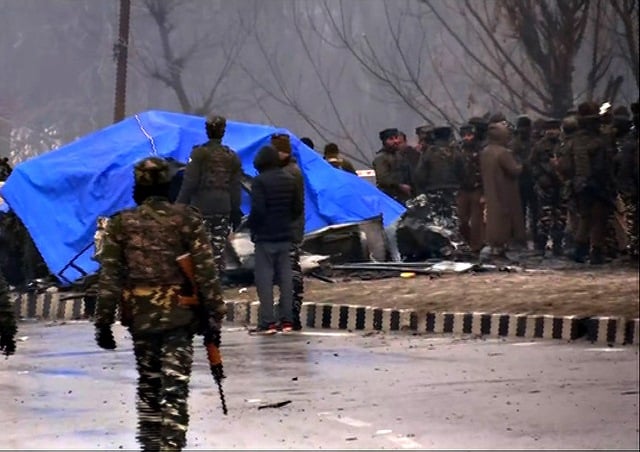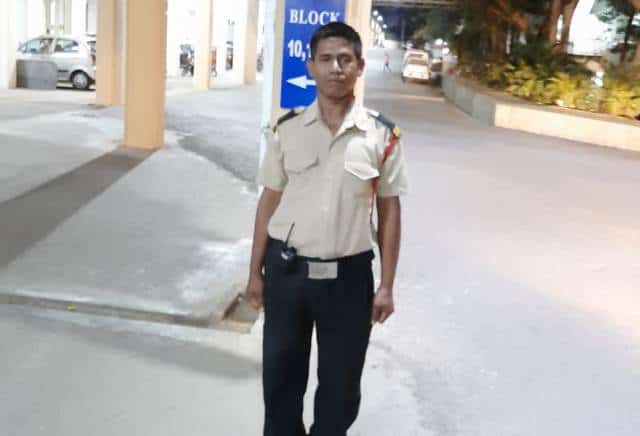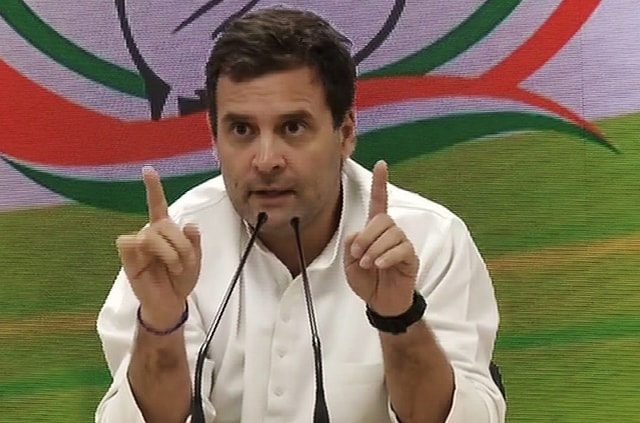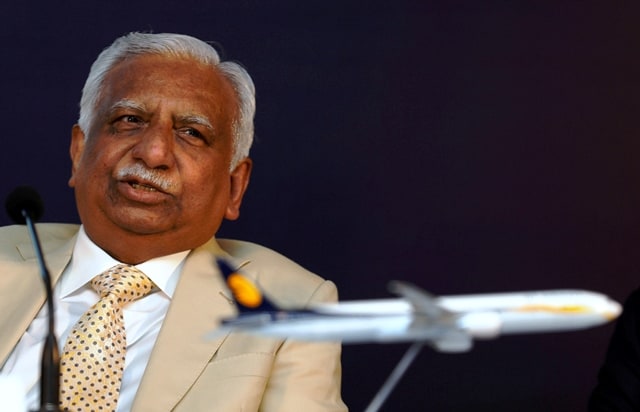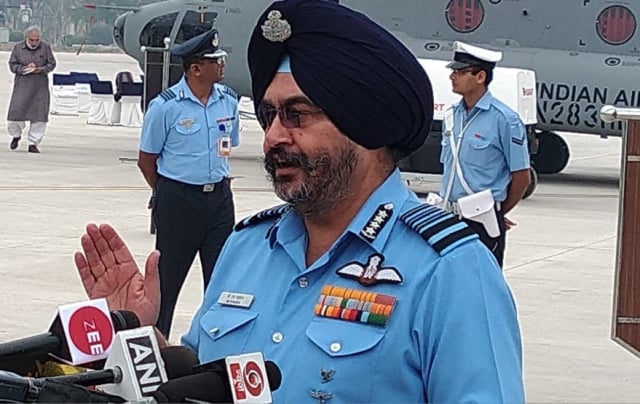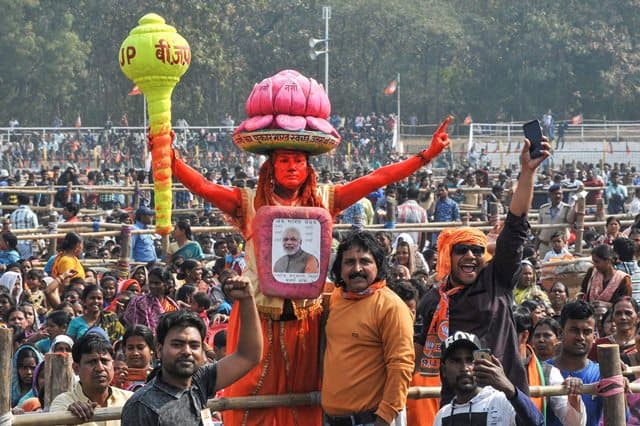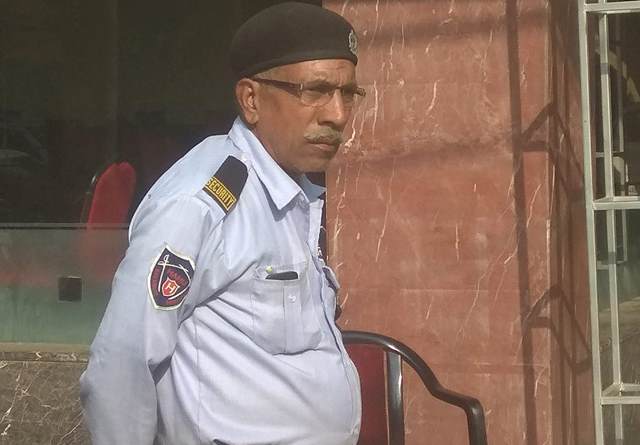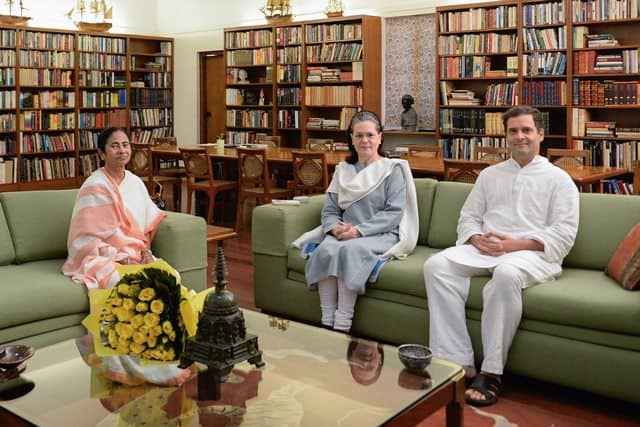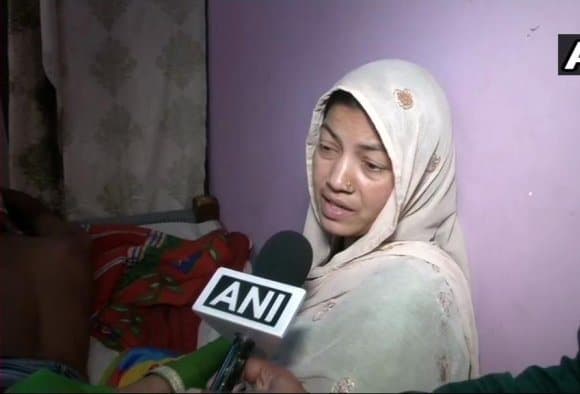The world’s largest democracy, a major
economy but by no means prosperous, India is also the most expensive when
holding its elections.
Its 2014 democratic exercise cost as much
as the United States’ 2012 presidential elections, when Barack Obama was
re-elected. The one beginning next month, estimated by New Delhi-based Centre
for Media Studies, may cost $ seven billion, or INR 50,000 crores.
Another calculation by political scientist
Milan Vaishnav is of a whopping $10 billion, based on growth in expenditure
incurred for two polls conducted in 2009 and 2014. The US spent much less, $6.5 billion while
electing Donald Trump in 2016.
These huge sums do not come only from the
state that funds conducting of the polls. Contestants receive contributions,
overt and covert, from businesses, corporate sector and the untaxed and largely
invisible farm income. Experience shows that they are made with the
understanding that the next government will tweak laws to help recover that
money. This breeds corruption.
Should such an expensive exercise be a
cacophony that it now seems?
With three weeks
to go, the air is thick with hyper-nationalistic fervor triggered by last
month’s terror attack in Kashmir followed by India-Pakistan aerial stand-off.
Tensions have subsided
but not really ended. Speculation persists over its resumption, should there be
another incident on the border or in India-controlled Kashmir. Such eventuality,
assuming the world community (mainly the United States) is surprised again, is
certain to sweep all other issues out of the polls.
Leaving aside
madcaps (there are some on both sides of the Indo-Pak border) who think that
India engineered the Pulwama attack, it seems god-sent for Prime Minister
Narendra Modi’s government and the ruling alliance.
To his credit, Modi
did act tough, defying the nuclear threshold that has prevented a larger
conflict, but not stopped Pakistan from using its so-called “non-state actors”
for staging terror attacks. This was something his predecessors Manmohan Singh
(in 2008 Mumbai terror attacks) and Atal Bihari Vajpayee (Kargil-1999, and attack
on Indian Parliament-2001) had not. Modi
then swept the nation mounting an “I will not let the country down” campaign,
converting the polls campaign into one referendum on national security.
His party, its
ideological affiliates and a huge army of cyber warriors troll anyone critical of
security lapses and/or seeking details of what precisely happened on the
border.
The elections are
now divided pre and post-Pulwama. The opposition is on the back-foot. As
loyalty to the nation of those who ask questions, howsoever legitimate, is
questioned, undoubtedly, this means political/electoral gains and losses.
People across the
spectrum — media, academics and security experts among retired soldiers and
diplomats – even individual families – are divided. Some ruling alliance
stalwarts have gleefully given themselves more seats than they hoped to win
earlier in parliament and state legislatures thanks to the border incidents. With
Modi being projected as the superhero pandering to popular yearning of a strong
leader, the pitch is queered against the opposition.
However, past
electoral outcomes have been mixed and indicate that there are limits to all
this. For one, Kashmir and war with Pakistan do not resonate in India’s south as
they do in the north and the west. Polls were won after conflicts, but not
swept, be it in 1971 when Congress’ Indira Gandhi helped breaking-up of
Pakistan and emergence of Bangladesh. BJP’s Vajpayee got the same numbers after
the Kargil conflict in 1999.
Electoral verdicts
do not always match popular sentiments. The BJP lost in Uttar Pradesh 11 months
after its cadres demolished the 16th century Babri Masjid in 1992. And although it dubbed Manmohan Singh India’s
“weakest prime minister” and BJP veteran L K Advani used the pejorative ‘nikamma’ (hopeless) after the terror
attacks in Mumbai in 2008, the Congress improved its parliamentary majority and
Singh got a second term.
But popular
sentiments yielded results post-“surgical strikes” in Kashmir in 2016 by Modi
Government. The BJP swept the polls in Uttar Pradesh despite the miseries
caused by demonetization of the currency. Political engineering helped
consolidation of the majority community’s vote at the expense the minority
Muslims.
Most populous UP is
the principal battleground now where the BJP is being seriously challenged by Samajwadi
Party and Bahujan Samaj Party. Credible reports indicate that the Modi campaign
is working. That 11 of the 44 soldiers who died in Pulwama were from the state
matters. But, this is as-of-now, since the difficult-to-fathom public mood can
change. And none can fathom how the rural mind, in UP and elsewhere, perceives
these polls.
Arguably, the public at large is more
worried about dal-roti. If it is
looking for options other than Modi, it doesn’t find credible faces among the
opposition. What began as Modi-versus-the-rest effort has stuttered. Some contenders
have emerged following state-level alliances, but a credible national
alternative is absent.
The communists who forged alternative
fronts in the past, providing political edge by helping formulate
socio-economic common minimum programme have become irrelevant.
Next, the Congress has failed to accept
allies and also being acceptable as a key opposition driver. Its alliance-making
is non-starter. Its past gives it a misplaced sense of entitlement. Rahul
Gandhi, despite his belated surge at the national level in the last one year
and winning in three key states, cannot match up against the prime ministerial
ambitions of numerous state satraps.
The impact of its ‘brahmastra’, the most potent weapon Priyanka Gandhi, will be known
only when results are out. Rahul’s Ailing mother and former party chief Sonia
is contesting to save her turf. Those who yearn for Congress’ return, if only
as a lesser evil, may be in for a disappointment.
The Pulwama plank seems to have
stonewalled the Rafael deal debate. It also excludes any discourse on
day-to-day issues, especially on the troubled economy. The government version
dominates through its massive propaganda machinery. Bulk of the media, both
mainstream and social, the key urban drivers, are divided on pro and anti-
government lines.
Politicians are generally not economists.
And even if they are, they remain politicians first. Modi too is a politician,
and a good one at that. All his major moves are politically motivated. His deft
political engineering, now topped with “Pulwama patriotism”, has muted discussion
on unemployment with job growth at its lowest in 40 years after statistics
officially put out but discredited by the government itself.
His government continues to project demonetization
of 86 percent of the currency notes three years ago in terms of curbing black
money and denial of funds to militant bodies, when subsequent indicators have
shown otherwise.
Falling exports have yet to catch up the
2013-14 level. Industrial growth in January slowed down to 1.7 percent compared
to the 2.6 percent in factory output in December last year. The GDP remains
under-7 percent.
Equally serious is the farm distress. Thousands
unable to repay debts have committed suicide. Minimum support price for farm
produce and waiving of farm loans have come too late in the day. Low inflation has been driven by falling food
prices, cutting farmers’ incomes and pushing up debt levels. About 800 million depend
on farming for their livelihood.
With Saudi Arabia, the largest source,
committed to production cuts to keep crude oil prices low, it seems unlikely
that India’s fuel and energy costs, a key factor for the economy, will stay
soft for long. And with political parties opening the spending spigot in a bid
to woo voters, inflationary impulses will quicken.
Modi remains way ahead of his rivals. But
there is a risk to democrcy. Political analyst Vijay Sanghvi says Modi has
isolated himself thanks to his governance style. “He has reduced the status and
stature of every minister and party leader. No one informs him of rampant
growth of corruption at lower levels. Unemployment
is more hurting as low grade jobs are lost.”
The newest campaign slogan “Modi Hai toh Mumqin Hai” (It’s possible
with Modi) reinforces this and places him as the centerpiece of a nationwide
campaign.
This election is for the soul of India and
its pluralism. But it would also be a referendum on Modi.
The writer can be reached at mahendraved07@gmail.com
